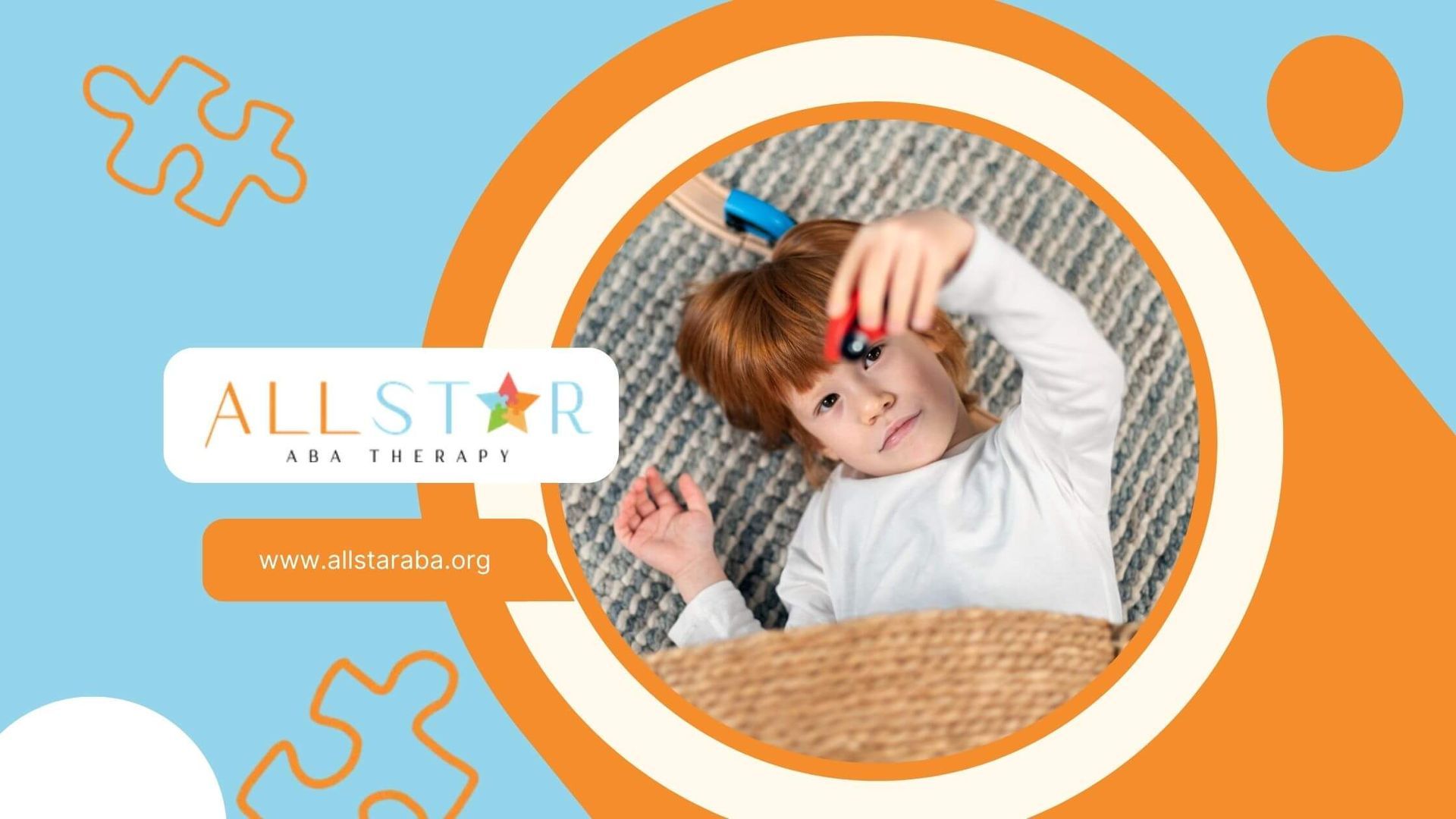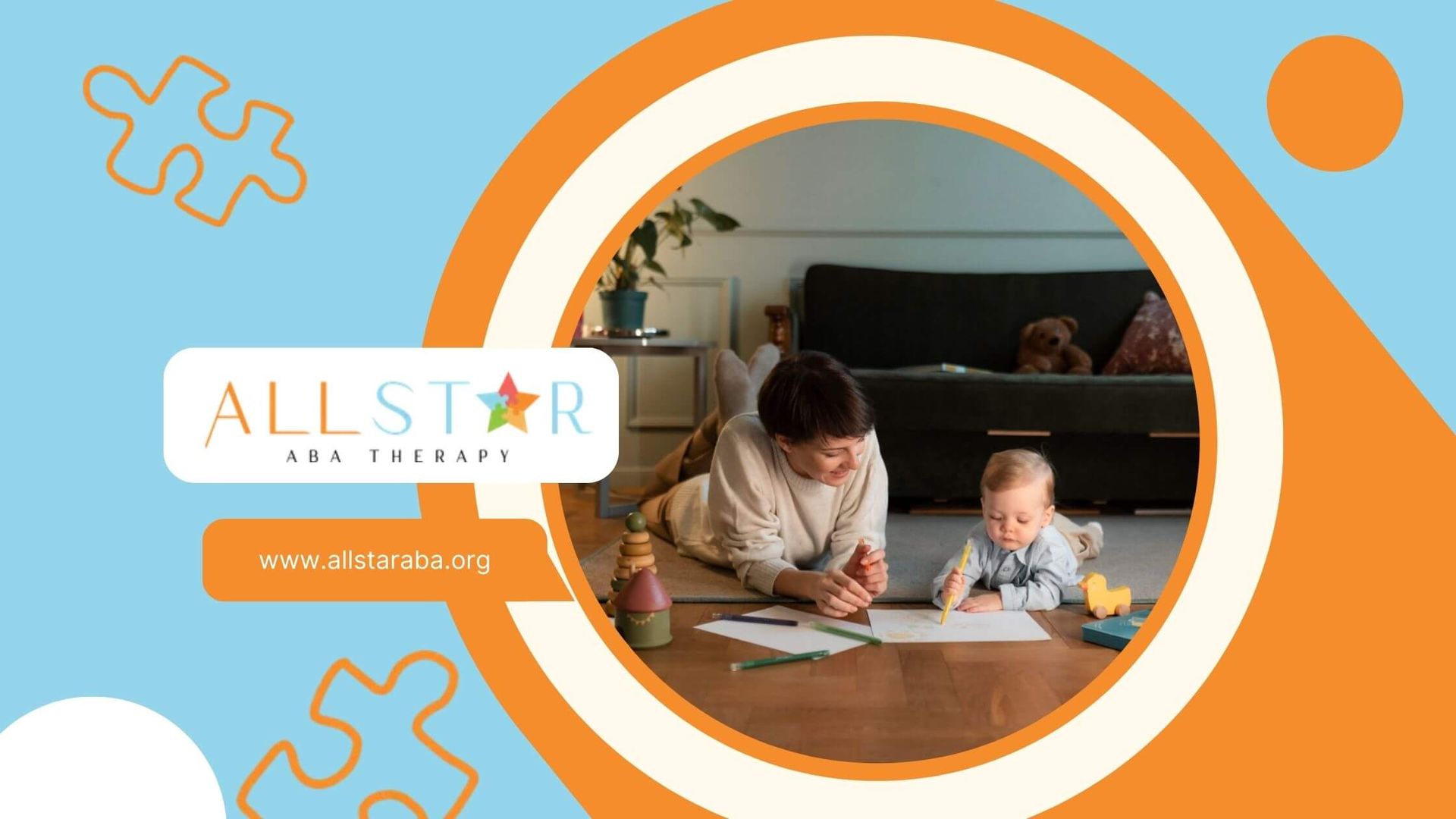New Paragraph
Is David Byrne Autistic?
David Byrne, the iconic frontman of the band Talking Heads, is known for his eccentric stage presence, thought-provoking lyrics, and innovative music. Over the years, many fans and commentators have speculated about whether David Byrne might be autistic, as he himself has spoken about traits he identifies with that are often associated with autism spectrum disorder (ASD). While he has never been formally diagnosed with autism, his openness about his experiences has sparked a broader conversation about neurodiversity, particularly within creative industries like music.
This article will explore David Byrne's relationship with autism, what he has said about the subject, and how his traits align with characteristics commonly associated with ASD.
Who Is David Byrne?
David Byrne is a Scottish-American musician, best known as the lead singer and guitarist for the art rock band Talking Heads. The band, which formed in the mid-1970s, gained fame for its experimental approach to rock music, blending genres like punk, funk, and world music. Byrne’s unique vocal style, quirky stage presence, and distinctive personality made him one of the most recognizable figures in rock music.
In addition to his work with Talking Heads, Byrne has had a successful solo career, released multiple albums, and even ventured into filmmaking and writing. His creativity and innovation are often praised, but it’s his reflection on his own neurodivergence that has sparked interest regarding autism.
David Byrne on Autism and Neurodiversity
Though David Byrne has never been diagnosed with autism, he has publicly expressed that he recognizes certain traits in himself that align with ASD. In interviews, Byrne has mentioned feeling "out of sync" with social norms during his younger years, describing himself as being introverted, socially awkward, and hyper-focused on particular interests—all traits commonly associated with autism.
Byrne has openly discussed how he feels he has been able to manage and navigate these traits as he’s gotten older. In a 2012 interview with The Guardian, Byrne shared that he believes he could be on the autism spectrum, but he has never pursued a formal diagnosis. He also spoke about how his way of processing the world and his focus on details has shaped his approach to music, performance, and creativity.
Common Traits of Autism That Byrne Recognizes in Himself
- Social Awkwardness: Byrne has admitted to struggling with social interactions and feeling out of place in social settings, especially in his younger years. Many individuals with autism find social cues challenging and often experience discomfort in group settings or conversations.
- Hyperfocus on Specific Interests: One of Byrne’s most recognizable traits is his deep focus on specific subjects, especially music and art. This kind of intense, specialized interest is a hallmark of ASD and can lead to exceptional abilities in certain areas, such as music composition in Byrne’s case.
- Non-Traditional Communication Style: Byrne’s unconventional communication style, both in his music and personal interactions, can be seen as reflective of how some individuals with autism process and express their thoughts. His lyrics often challenge conventional songwriting structures, reflecting a unique way of viewing the world.
- Need for Routine and Structure: While Byrne has not explicitly mentioned a need for routine, some fans have speculated that his meticulously structured performances and detailed approach to music production may indicate a preference for order and predictability, which are common traits in individuals with ASD.
Autism Representation in the Arts: David Byrne as a Neurodiverse Icon
Whether or not David Byrne is autistic, his acknowledgment of certain neurodivergent traits has made him a symbol of neurodiversity in the arts. Byrne’s success as a musician, filmmaker, and artist challenges the misconception that individuals with neurodivergent traits cannot excel in creative or social careers. He has used his platform to advocate for more inclusive and accepting attitudes toward individuals who think and experience the world differently.
One significant contribution to this conversation is Byrne’s 2020 stage performance American Utopia, which showcases his artistic vision while celebrating inclusivity, diversity, and the human experience. The show includes a diverse cast of performers, and Byrne’s willingness to embrace his uniqueness helps destigmatize neurodiversity in mainstream culture.
Does David Byrne Have Autism? The Debate Continues
It’s important to note that David Byrne has never received an official autism diagnosis, and he has not publicly identified as autistic. However, his comments about neurodiversity and his recognition of traits commonly associated with autism have led to ongoing speculation. Byrne’s experiences highlight a broader discussion about late diagnoses and self-identification within the autism community.
For many adults who suspect they may be on the autism spectrum, receiving a formal diagnosis is often not a priority, especially if they’ve developed strategies to manage their traits. In some cases, individuals may prefer to self-identify without seeking clinical confirmation. Byrne’s reflections on his own behavior and experiences align with this trend, and his openness contributes to a growing movement of neurodiverse individuals who embrace their differences without necessarily seeking labels.
Conclusion
David Byrne’s journey of self-reflection on his neurodivergent traits adds to the broader discussion about autism and neurodiversity in creative fields. While he has never been formally diagnosed with autism, his acknowledgment of behaviors that align with ASD resonates with many people on the spectrum. Byrne’s success in the arts challenges stereotypes and inspires a more inclusive understanding of what it means to be neurodiverse.
As conversations about autism and neurodiversity continue to evolve, figures like David Byrne play a crucial role in promoting acceptance and understanding. For parents, professionals, and individuals with autism, his story serves as a reminder that neurodivergent individuals can thrive in any field, including those as dynamic and creative as music.
Frequently Asked Questions
Is David Byrne autistic?
David Byrne has never been officially diagnosed with autism. However, he has expressed that he recognizes some autistic traits in himself, such as social awkwardness and a hyperfocus on specific interests. He has not sought a formal diagnosis.
How does David Byrne’s neurodiversity influence his music?
Byrne has credited his unique way of thinking and processing information as central to his creativity. His ability to focus intensely on music and visual arts has allowed him to push boundaries and create innovative work throughout his career.
What has David Byrne said about autism?
David Byrne has spoken openly about identifying with certain traits associated with autism. In interviews, he has mentioned feeling socially awkward and intensely focused on his interests. However, he has not stated that he has autism.
Does David Byrne advocate for neurodiversity?
Yes, David Byrne has used his platform to highlight neurodiversity, particularly through his art and public statements. He has embraced his differences and encouraged others to celebrate the unique ways people think and experience the world.
What is savant syndrome, and does David Byrne have it?
Savant syndrome is a rare condition where individuals with developmental disorders, including autism, demonstrate extraordinary abilities in specific areas, such as music or memory. David Byrne has not been diagnosed with savant syndrome, though his exceptional talent in music has drawn comparisons to some traits of the condition.
Can someone be neurodiverse without an official diagnosis?
Yes, many individuals who identify as neurodiverse do not have formal diagnoses. Some, like David Byrne, recognize traits in themselves that align with conditions like autism or ADHD but may not seek clinical confirmation.
Need Support?
We're Here to Help!
Our experienced team is ready to assist you. Reach out today to discuss how we can support your child's development and well-being.
Get started with expert ABA therapy today.








